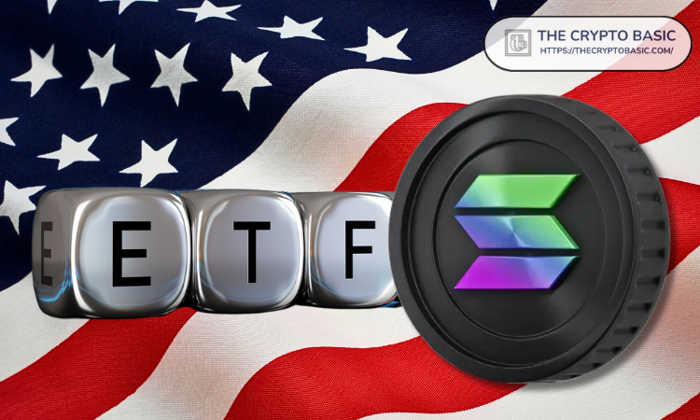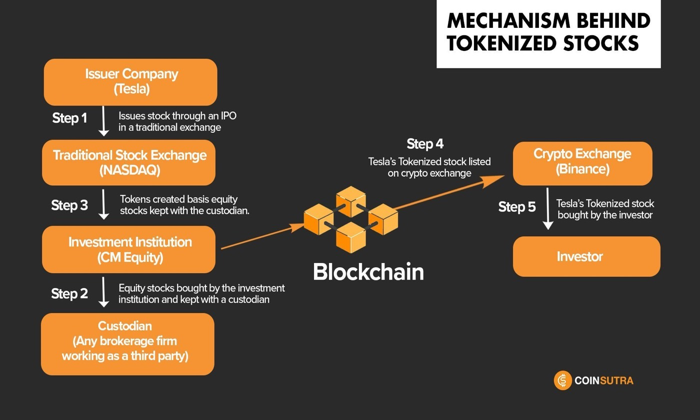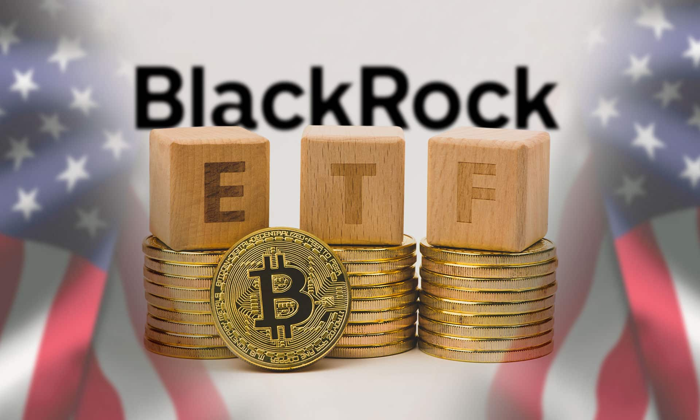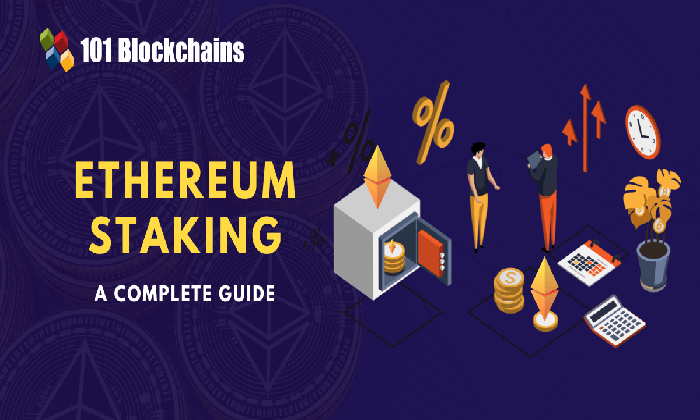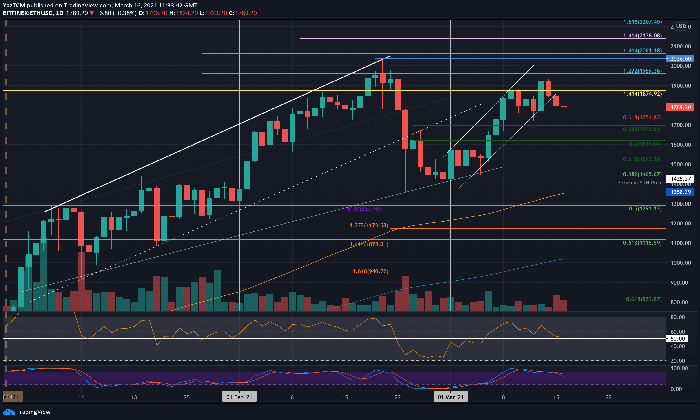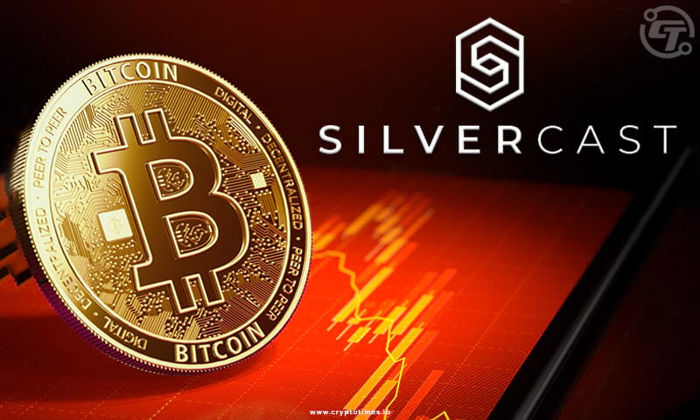OKX DEX is making a significant comeback with enhanced anti-abuse upgrades aimed at bolstering crypto security features. After being temporarily halted due to misuse by the notorious Lazarus Group, OKX’s decentralized exchange has re-emerged, revitalized and ready to serve its users with cutting-edge technology. The launch of OKX Web3 provides an advanced trading platform that incorporates a real-time abuse detection and blocking system, ensuring a safer trading environment for all participants. Built on the principles of decentralized finance, this DEX aggregator aggregates data from multiple exchanges, offering traders seamless access to the best market prices while protecting them from malicious actors. With its focus on security and transparency, OKX DEX is positioned to redefine how users engage in the world of digital assets, making it a vital player in the ever-evolving crypto ecosystem.
The relaunch of OKX’s decentralized platform represents a pivotal moment in the evolution of blockchain trading services. Known for its commitment to innovation and user protection, this Web3-enabled exchange seeks to create a robust environment where trades are executed safely and efficiently. By incorporating stringent anti-abuse measures, OKX is not only enhancing its security protocols but also instilling confidence among users concerned about hacking threats, particularly from groups like Lazarus. The emphasis on security features, including real-time monitoring of suspicious activities, showcases the exchange’s proactive approach to safeguarding users’ assets in an increasingly perilous crypto landscape. As the demand for decentralized finance services continues to rise, OKX stands at the forefront, poised to lead with reliability and advanced technological solutions.
Understanding OKX DEX and Its Re-launch
The OKX decentralized exchange (DEX) serves as a crucial platform for crypto enthusiasts, allowing users to trade directly from their wallets without the need for an intermediary. Recently, OKX has re-launched its DEX aggregator, known as OKX Web3, with advanced security protocols to guard against future misuse. This comes after its temporary suspension in March due to alarming activities linked to the notorious Lazarus Group, a North Korean hacking syndicate known for exploiting vulnerabilities in various DeFi services.
The updated OKX Web3 boasts heightened crypto security features, including real-time abuse detection and blocking systems to thwart suspicious activities. In a bid to enhance trust and safety for its users, the platform employs a comprehensive database that flags and blocks potential bad actors. With these enhancements, OKX aims not only to regain user confidence but also to position itself as a leader in decentralized trading solutions.
The Lazarus Group Incident: A Catalyst for Change
The involvement of the Lazarus Group in the crypto world has led to significant changes in how platforms like OKX manage security. The group’s notorious activities, including their connection to a major hack that led to the theft of $1.4 billion from Bybit, prompted OKX to pause operations and urgently develop anti-abuse upgrades. This incident highlighted the need for strict monitoring systems within decentralized exchanges, where traditional financial regulations often fall short.
In response to this, OKX is deploying advanced tracking systems that identify hacking attempts and track suspect addresses in real-time. By analyzing on-chain behaviors, the platform can now proactively react to potential threats, making it significantly harder for groups like Lazarus to exploit such exchanges. This paradigm shift marks a vital evolution in the decentralized finance (DeFi) landscape, emphasizing security without compromising the user-friendly nature that crypto traders prefer.
Enhancements in Crypto Security Features on OKX Web3
With the re-launch of the OKX Web3 DEX aggregator, the emphasis has shifted towards implementing robust crypto security features designed to protect users from malicious actors. One key feature is the dynamic database that rapidly identifies and blocks suspect addresses known to belong to hackers and fraudsters, making it safer for users to trade and interact with the decentralized market. This proactive approach aims not only to deter abuse but also to provide a more secure trading environment that fosters trust among users.
Furthermore, OKX’s new on-chain analysis tools help categorize wallet transactions by identifying potential whales or snipers in the market. This classification allows users to make more informed decisions by understanding the movements and behaviors of large players in the crypto space. Overall, these enhancements are part of a broader strategy to blend security with functionality, ensuring that users of the OKX DEX can trade confidently.
The Role of DEX Aggregators in Crypto Trading
DEX aggregators, like OKX Web3, play an essential role in the cryptocurrency ecosystem by providing traders with the best possible prices across multiple exchanges. They simplify the trading process by gathering data from various decentralized platforms, allowing users to execute trades quickly and efficiently. The re-introduction of OKX Web3 emphasizes the significance of these aggregators, especially in a landscape that demands both accessibility and security.
By leveraging a DEX aggregator’s capabilities, users can optimally route their trades, thereby minimizing slippage and maximizing returns. With the recent upgrades post-Lazarus Group incident, OKX Web3 not only enhances trading effectiveness but also instills a level of confidence among users that their transactions are secure and monitored for any fraudulent activity. As DeFi continues to evolve, the functionality of DEX aggregators will become increasingly pivotal.
Impact of Regulatory Scrutiny on OKX DEX
The recent scrutiny from financial regulators, particularly in the European Union, regarding the operations of decentralized exchanges like OKX, serves as a wake-up call for the entire industry. Investigations into the laundering of funds from high-profile hacks highlight the ongoing challenges faced by crypto firms in maintaining regulatory compliance, especially in an environment rife with illicit activities facilitated by groups like Lazarus.
In response to this pressure, OKX has taken proactive measures to fortify its DEX aggregator’s infrastructure against regulatory challenges. By prioritizing the implementation of anti-abuse upgrades and committing to transparent operations, the exchange seeks to set a precedent in regulatory adherence within the crypto sector. These upgrades not only comply with regulatory expectations but also enhance the overall security and trust in the platform.
The Future of OKX Web3 in Decentralized Finance
The future of OKX Web3 appears promising as it positions itself to become a significant player in the decentralized finance landscape. As the demand for more secure and efficient trading platforms increases, OKX is armed with its recent anti-abuse upgrades and ongoing commitment to security innovations. These improvements are integral for attracting both existing crypto users and newcomers who prioritize safety and reliability.
Moreover, the advancements in OKX Web3 suggest a trend towards more responsible trading practices in the DeFi space. By focusing on user protection and regulatory compliance, the platform could potentially lead the charge in shaping a more secure and sustainable decentralized exchange framework. OKX Web3 may very well set the standard for future DEX aggregators, showcasing that innovation in crypto security features can coexist with the decentralized ethos.
Combatting Hacking Threats with Enhanced DEX Security
Hacking threats remain one of the most significant challenges for decentralized exchanges. The Lazarus Group incident has underscored the urgent need to combat these threats through innovative security measures. In developing anti-abuse upgrades, OKX is addressing the alarming reality faced by many crypto exchanges that have fallen victim to similar hacking incidents.
The incorporation of proactive alerts and a suspect address database signals a strategic shift in how DEX platforms can protect their users. By actively monitoring on-chain activities and coding actionable responses to potential threats, OKX is setting a new standard for security within the decentralized finance sector. As this trend grows, we may see a doubling down on security measures across all DEX platforms, fostering a safer trading environment.
User Education: Navigating OKX DEX Safely
With the advancements in security features on the OKX DEX, user education becomes vital in navigating the decentralized finance landscape confidently. Understanding how features like real-time abuse detection work, and recognizing the signs of fraudulent activities, empowers users to protect their assets and make informed trading decisions. OKX is committed to providing educational resources that guide users on safe practices in DeFi.
Through workshops, webinars, and comprehensive support, OKX aims to elevate its users’ experience while forging a community of informed traders. Enhanced educational outreach will not only reduce incidents of misuse but will empower a broader base of users to participate actively in decentralized trading, thereby contributing to a more robust and secure crypto economy.
Conclusion: The Transformation of OKX in the DeFi Space
In conclusion, the re-launch of OKX Web3 signifies more than just an operational comeback. It embodies a transformation within the decentralized finance ecosystem, showcasing how necessary adaptations can mitigate risks posed by malicious groups like the Lazarus Group. With enhanced security features and a focus on user safety, the platform is poised for significant growth and acceptance in the crypto space.
As OKX continues to evolve, its commitment to innovation in security and user education could influence other platforms within the industry to prioritize similar enhancements. This shift not only bolsters user confidence but also aligns the decentralized finance sector with more traditional financial market standards, ultimately benefiting the entire crypto community.
Frequently Asked Questions
What changes have been made to the OKX decentralized exchange (DEX) after the Lazarus Group incident?
After the Lazarus Group incident, OKX has relaunched its decentralized exchange (DEX) aggregator with significant anti-abuse upgrades. The enhancements include a real-time abuse detecting and blocking system to prevent misuse by bad actors, and a dynamic database of suspect addresses that actively credentials users while detecting and halting fraudulent on-chain activities.
How does OKX Web3 enhance user security in crypto trading?
OKX Web3 enhances user security by integrating advanced crypto security features such as real-time monitoring of transactions for suspicious activities. With proactive alerts on risky transactions and the ability to categorize wallet holders, users can trade safely and confidently within the decentralized exchange ecosystem.
What is the role of anti-abuse upgrades in the OKX decentralized exchange?
The anti-abuse upgrades in the OKX decentralized exchange are designed to safeguard the platform against malicious incidents like those caused by the Lazarus Group. These upgrades provide real-time detection and blocking of suspect activities, ensuring that users enjoy a secure trading environment while safeguarding their assets from potential threats.
Can you explain OKX’s approach to combating the threats posed by groups like Lazarus?
OKX combats threats from groups like Lazarus through a proactive stance on crypto security. This includes implementing an advanced hacker address system to track and block known malicious actors, coupled with comprehensive audits from leading security firms. These measures help maintain the integrity of the OKX DEX and protect user assets.
What features make the OKX Web3 platform unique compared to other DEXs?
The OKX Web3 platform stands out due to its comprehensive anti-abuse upgrades, including real-time monitoring and alerts, a categorization system for wallet holders, and its unique role as a browser and search engine for blockchain. These features significantly enhance user experience and security, setting OKX apart from other decentralized exchanges.
How does OKX ensure the security of its DEX aggregator against hacking attempts?
OKX ensures the security of its DEX aggregator by incorporating a robust suite of crypto security features. This includes dynamic databases that block suspect addresses, a peer-reviewed bug bounty program, and collaborations with respected blockchain security firms like CertiK and Hacken. These proactive measures help protect users from hacking attempts and maintain trust in the platform.
What implications does the Lazarus Group’s activities have for users of OKX decentralized exchange?
The activities of the Lazarus Group highlight the importance of security in the cryptocurrency space. For users of OKX’s decentralized exchange, it emphasizes the need for vigilance against potential threats, and the robust security measures implemented by OKX aim to allay these concerns, making it a safer trading environment.
How has OKX responded to the European Union’s investigation into its DEX aggregator?
In response to the European Union’s investigation, OKX reaffirmed that its DEX aggregator operates as a self-custody wallet service that does not hold customer assets. The exchange has continued to enhance its security protocols and emphasized its commitment to preventing misuse while providing transparency to its users.
| Key Point | Details |
|---|---|
| Re-launch of OKX DEX | OKX has re-launched its DEX aggregator, OKX Web3, after implementing enhanced security features. |
| Reason for Suspension | The suspension in March was due to the misuse of the DEX by the Lazarus Group, a North Korean hacking organization. |
| New Security Features | The new features include real-time abuse detection and blocking systems, along with alerts for risky transactions. |
| Audits and Verifications | OKX’s infrastructure has been tested and audited by leading blockchain security firms like CertiK, Hacken, and SlowMist. |
| Categorization of Wallet Holders | The DEX aggregator can categorize wallet holders, identifying them as potential whales or snipers. |
| Investigation by Regulators | EU regulators are investigating the DEX aggregator for potential involvement in laundering funds from a major hack. |
| Response to Allegations | OKX denied the allegations and clarified that their self-custody wallet does not hold customer assets. |
Summary
OKX DEX has taken significant steps to enhance its security and re-launch its decentralized exchange aggregator after facing challenges from the Lazarus Group. By implementing advanced features aimed at detecting and preventing abuse, as well as undergoing rigorous security audits, OKX DEX is better equipped to protect its users and maintain the integrity of its platform. The proactive measures taken by OKX will help restore trust in decentralized finance while ensuring a safer trading environment.
OKX DEX is making a significant comeback with its re-launch, bringing state-of-the-art anti-abuse upgrades designed to bolster crypto security features. Following a temporary suspension prompted by the notorious Lazarus Group’s misuse, this OKX decentralized exchange has undergone rigorous enhancements to protect users against potential threats. The newly unveiled OKX Web3 not only serves as a powerful trading tool but is fortified with a real-time system that detects and blocks fraudulent activities instantly. With advanced measures in place, traders can enjoy a safer decentralized trading experience, ensuring their assets remain protected from malicious actors. This renewed focus on security reflects OKX’s commitment to fostering a resilient and trustworthy environment within the rapidly evolving DeFi landscape.
In the rapidly changing world of cryptocurrency, the resurgence of OKX’s decentralized trading platform signifies a noteworthy evolution toward improved security and user safety. The term decentralized exchange (DEX) refers to platforms that facilitate peer-to-peer trading without central authority intervention, making the integration of advanced crypto security features crucial. Recent challenges, particularly those posed by cyber threats like the Lazarus Group, have necessitated the implementation of robust systems to combat hacking attempts and safeguard transactions. OKX Web3, the brand’s innovative aggregator, epitomizes this shift, showcasing a stronger framework against exploitation with its newly added anti-abuse measures. As the exchange prepares for its second launch, the focus remains on providing a seamless and secure trading environment for its users.





